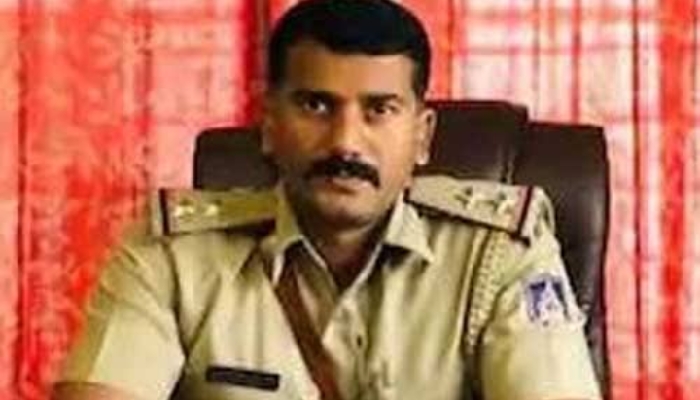Mangaluru, Mar 6: Almost three weeks after a diploma student in the city was stripped, beaten and robbed by a group of four miscreants, the police have managed to arrest the main accused.
A team of Mangaluru CCB police led by inspector Valentine D'Souza nabbed Jayaprakash (24) alias JP a resident of Boloor, Mangaluru from Shirahallai village near Shikaripura in Shivamogga district on Saturday.
Akshay, a 19-year-old student from Neerumarga was kidnapped by four friends in an auto-rickshaw and taken to Sultan Battery on February 14, the Valentine's Day.
The boy was forced to remove his clothes off and stand in his undergarments. One among the accused then hit him with a cane. The accused, who are four in number, left the place after robbing the student of his cash.
These four miscreants also made a video of the student in his undergarments and threatened him that they would release the video on the social media if he approached the police.
The very next day, the boy and his parents approached the Urwa police and lodged a complaint as the accused released the video on the social media. The complaint later was referred to the Mangaluru Rural Police.
A week after the incident police managed to arrest two accused identified as Joel and Vikky Bappal. The police are on the look-out for the fourth accused identified as Loy.





Comments
good job police..
this type of criminal only spoiling our city name, must put this people out of the country,
maximum punishment needed they have to remember while thinking of it.
he must recieve maximum punishment.
well done police team, soon u find out the culprit.
Add new comment